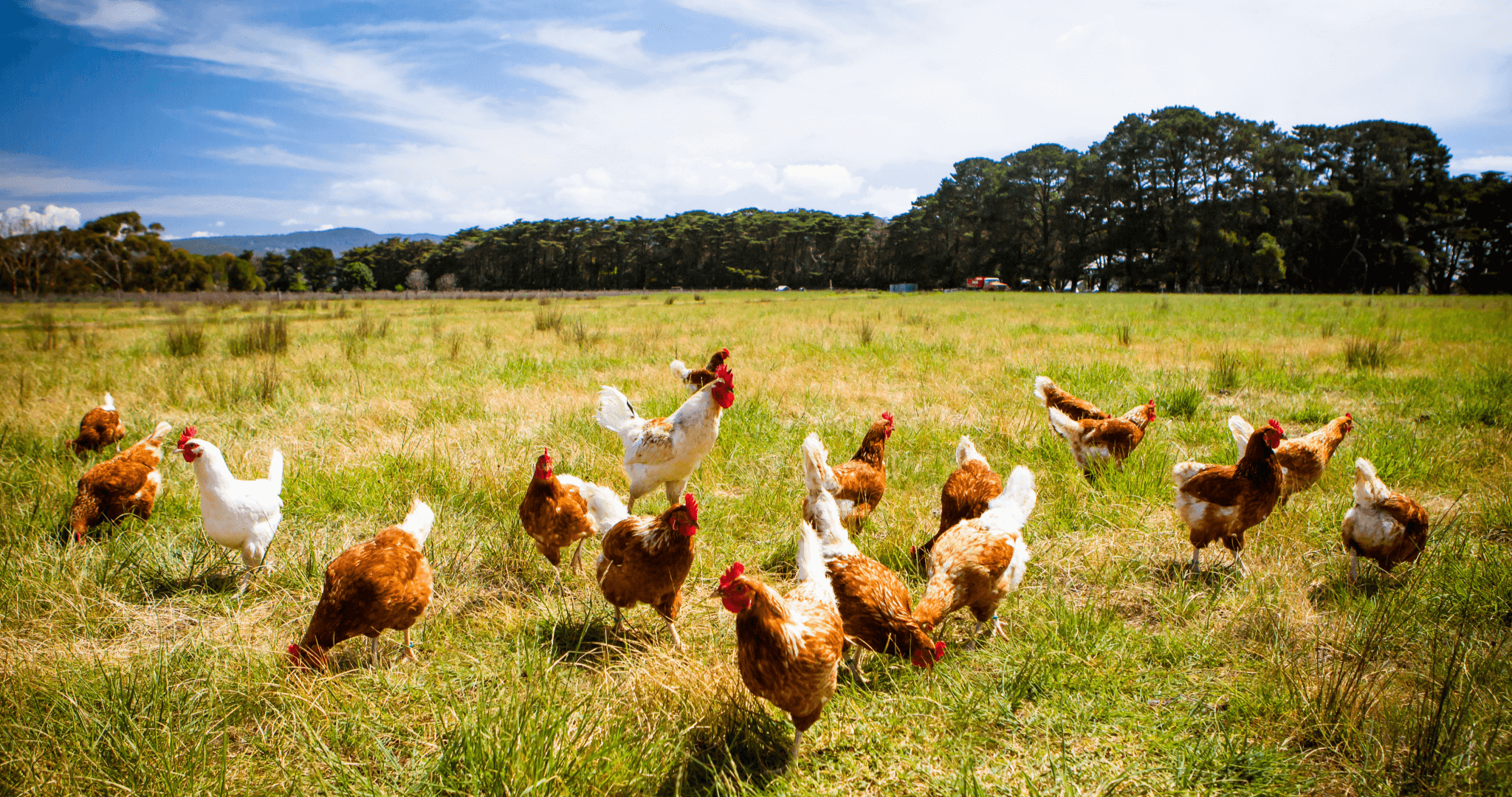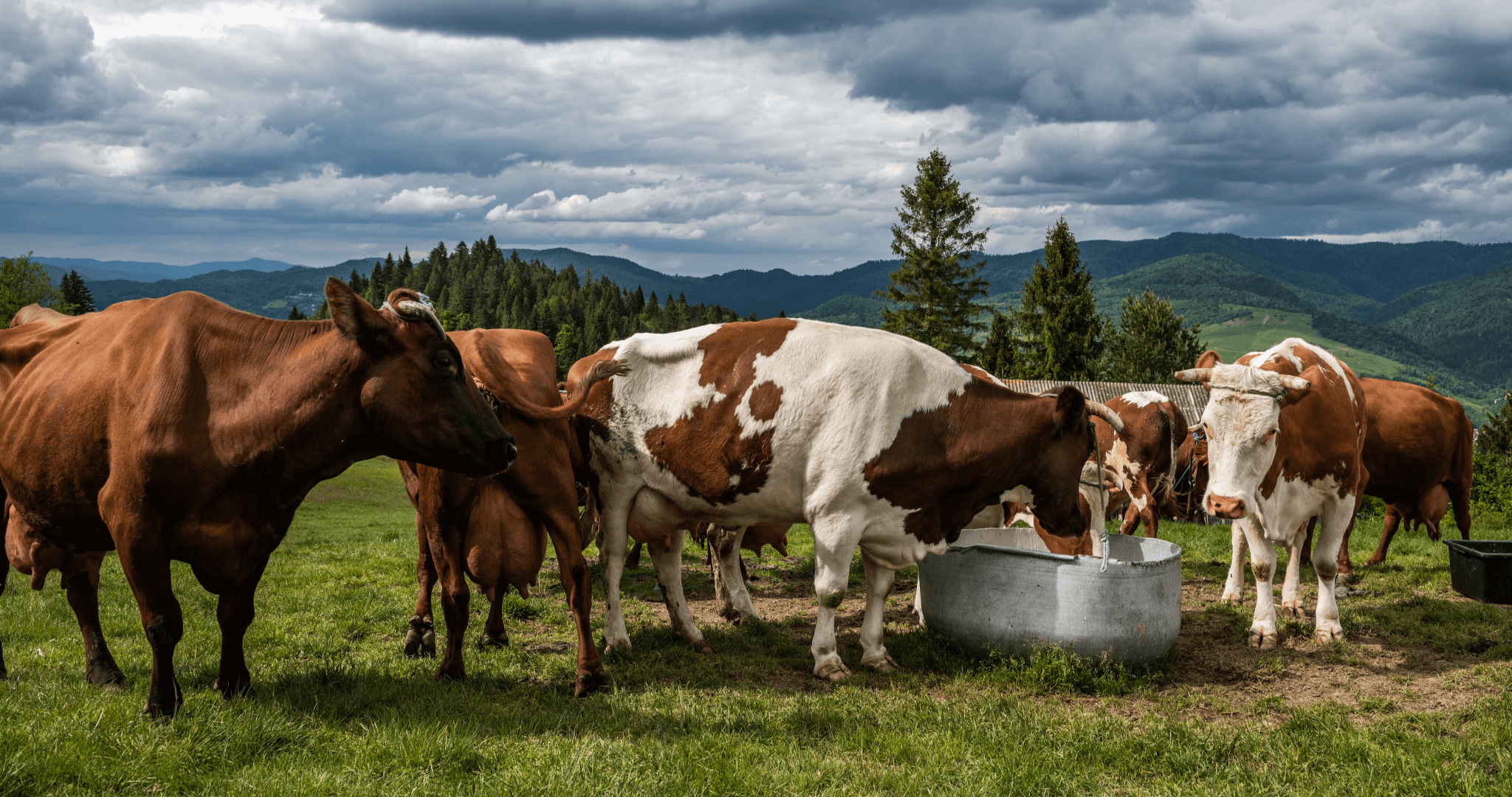Meatless Mandates: How UK Councils Are Steering Away from Animal Products and Consumer Rights.
Posted by Emily on 14th Dec 2023 Reading Time:
Councils in the UK are at a pivotal point, deciding between exclusive plant-based menus and a more inclusive approach that embraces all food sources. This debate goes beyond personal dietary choices; it's about supporting local economies, ensuring quality food, and making ethical purchasing decisions.

The Meat Ban Controversy: A Closer Look:
Oxford City Council's decision to ban meat at council events has stirred a nationwide discussion. This policy, aimed at environmental sustainability, faces criticism for neglecting the local meat and dairy industries' economic and cultural significance. However, it's crucial to note that the debate isn't merely about meat but encompasses a broader spectrum of food sourcing.
Fenland Council's Balanced Approach:
Fenland District Council's resolution to include locally sourced meat and dairy in their catering is a model of a balanced approach. This decision not only supports local farmers but also offers a variety of quality food choices to attendees. It highlights a significant aspect often overlooked: the importance of where and how food is sourced for council events.
Diverse Council Responses: A National Overview:
Councils across the UK are taking various stances on this issue. Some, like Cambridge, lean towards plant-based options, while others, such as Suffolk and Cornwall, advocate for including locally sourced meats and dairies. These decisions reflect differing priorities, from environmental concerns to local economic support.

Beyond Meat: The Case for Locally Sourced Produce:
The focus on meat and dairy consumption often overshadows another critical aspect of council food policies: sourcing meat, seafood and vegetables. By choosing locally sourced produce, councils can bolster local economies and ensure high-quality, fresh food. This approach supports regional farmers and fishermen and reduces the carbon footprint associated with long-distance food transportation.
There's growing concern over councils opting for the cheapest, often processed, food options in catering decisions. This practice, driven by budget constraints, can undermine local food producers and compromise on quality. A shift towards locally sourced fresh produce, meats, and seafood can invigorate local economies and showcase the region's culinary diversity.
In summary, As councils navigate these dietary decisions, we pose a critical question: Shouldn't the focus shift towards sourcing high-quality, locally produced food across all categories, thereby supporting local economies and offering better food choices?
How can councils balance budget constraints with the need to uplift local producers? We invite readers to share their thoughts on how councils can best support local communities through their food-sourcing policies.

